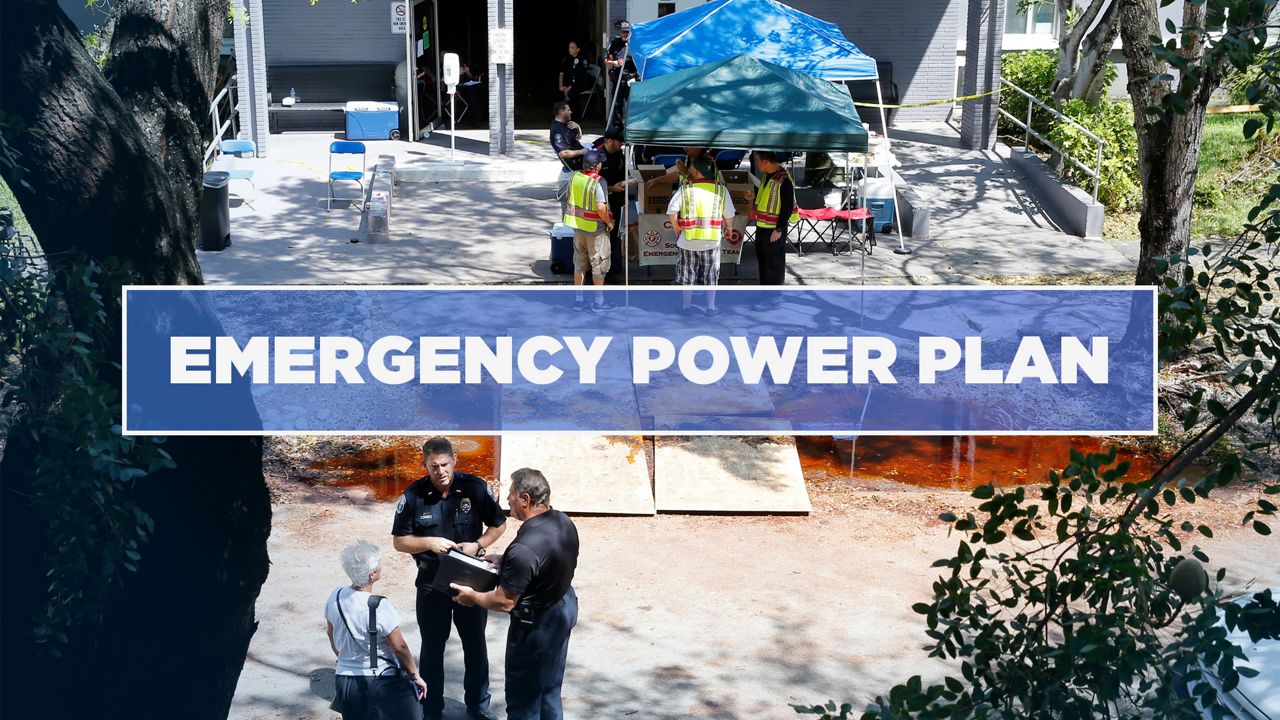ST. PETERSBURG, Fla. — As we approach two years since Hurricane Irma ravaged almost the entirety of Florida, state nursing homes and assisted living facilities are still asking for more time to fully implement the so-called Emergency Power Plan.
- In Bay area; 42 percent of nursing homes have fully implemented the law
- In Central Florida, the figure is 37 percent
- LINK: Read the Nursing Home Emergency Power Plan
- LINK: Public status map of Power Plan implementation
- LINK: Facility/provider locator by proximity
Days after the hurricane made landfall, first-responders evacuated a Hollywood Hills nursing home which had lost electricity.
In total, 16 senior residents died from complications related to the power outage.
The following Legislative Session in 2018 produced the Emergency Power Plan. It requires nursing homes and assisted living facilities to be prepared with backup generators in case electricity goes out.
But how many nursing homes have fully implemented the law?
Just by looking at full implementation numbers of the law can be alarming.
In the Bay area, only 42 percent of nursing homes have fully implemented the law according to a public status map of the Emergency Power Plan.
In Central Florida, it's even lower at 37 percent.
Although, finding out who's compliant is a little trickier than sorting out which homes have fully implemented the law.
That's because the law says some facilities have a chance to file for what's called a variance or an extension to get fully implemented.
"Any facility with an approved variance is required to have an adequate plan to protect patients during a power outage, such as having a temporary generator on site, a plan to obtain a generator within 24 hours of a power outage or a full evacuation plan,” said Patrick Manderfield, deputy communications director for the Florida Agency for Health Care Administration.
Patrick Manderfield, a spokesman for the agency in charge of oversight of the power plan, said a facility is considered not in compliance if it does not have a current approved or requested variance.
He explained there are many reasons why facilities have delayed in fully implementing their plans.
Key reasons for delays in implementation or the need for a variance include (according to the state):
- Availability of proper equipment. Many of these facilities are very large and require custom generators to provide proper cooling.
- Installation scheduling. Many facilities struggle with an inability to get installation scheduled for custom generators and appropriate electrical wiring and connection.
- Mechanical engineering plan reviews and approvals. Facilities must work with engineers, and in some cases architects to develop implementation plans which require review and approval by local or state officials.
Some facilities have an extension through the end of the year.
Manderfield said state law says “there is no limit to the number of variances that can be requested."
As far as assisted living facilities, there are even more requests for extensions.
If you're interested in searching which facilities are fully implemented, click on this link.



